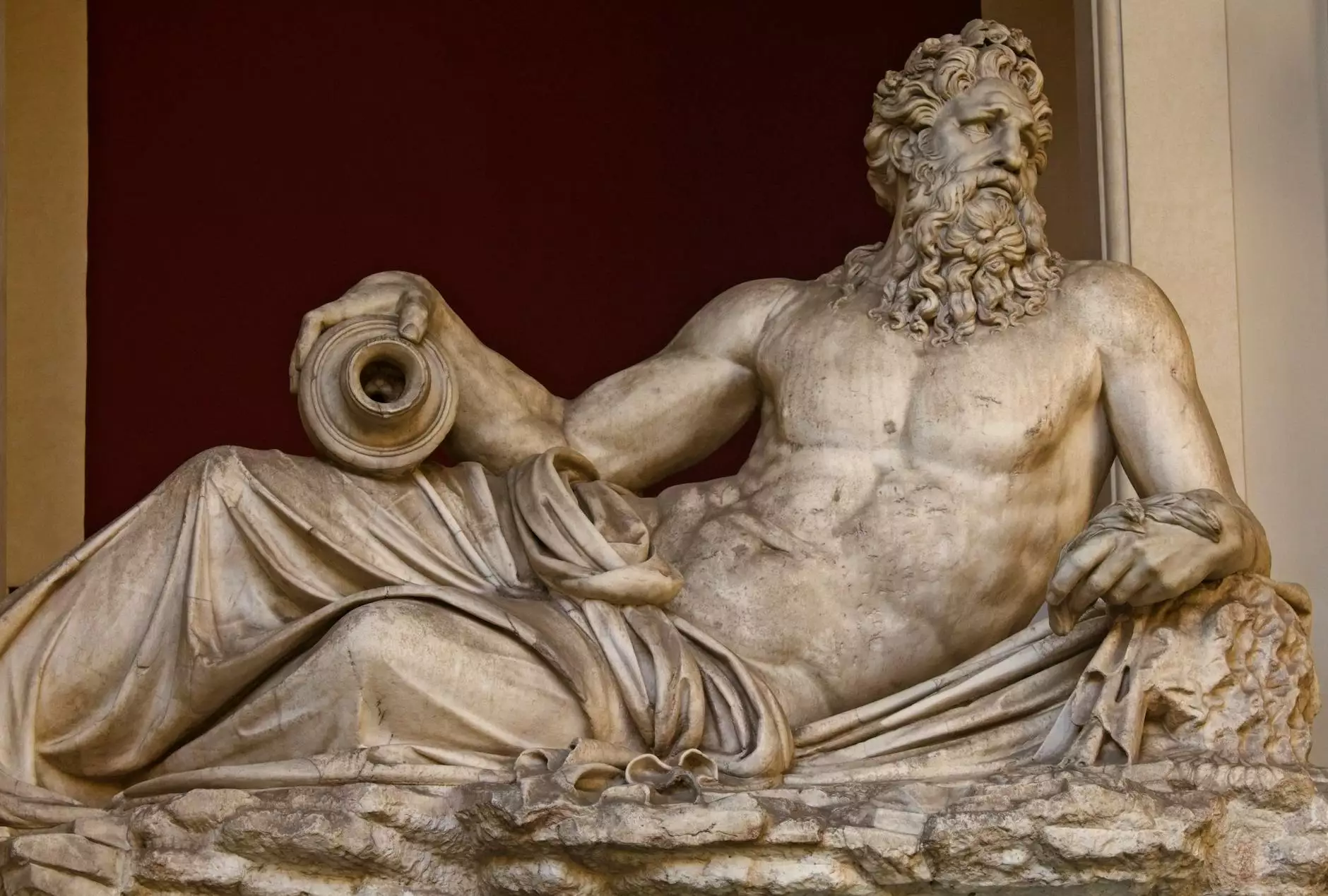John 18:1-11 In the Garden of Gethsemane
Sermons
The Significance of the Garden of Gethsemane
The Garden of Gethsemane holds immense significance in the Christian faith. It was in this sacred garden that Jesus experienced deep anguish and made the ultimate surrender to God's will. The events that transpired here are pivotal in understanding the magnitude of Jesus' sacrifice.
The Prayer and Agony of Jesus
As Jesus entered the Garden of Gethsemane, the weight of the impending suffering and crucifixion began to weigh heavily upon Him. In this moment of immense anguish, Jesus sought solace in prayer. He fell to the ground and prayed, "Father, if you are willing, take this cup from me; yet not my will, but yours be done" (Luke 22:42).
The Symbolism of the Cup
The reference to the "cup" in Jesus' prayer holds significant symbolism. This cup represents the cup of God's wrath and judgment that Jesus was about to drink on behalf of humanity. It signified the weight of sin, the consequences of disobedience, and the separation from God that all of humanity deserved.
The Betrayal of Judas
As Jesus fervently prayed in the Garden, one of His disciples, Judas Iscariot, arrived with a detachment of soldiers, sent by the religious leaders to arrest Jesus. Judas, driven by greed, betrayed Jesus with a kiss, further adding to the heaviness of the moment.
Jesus' Submission to God's Will
Despite the immense agony He faced, Jesus willingly submitted to God's will. He understood the greater purpose behind His suffering and the redemption it would bring to the world. Jesus' surrender in the Garden of Gethsemane demonstrates His unwavering obedience and love for humanity.
The Lessons from Gethsemane
The story of Jesus in the Garden of Gethsemane teaches us profound lessons. Firstly, it reveals the significance of prayer, even in our most challenging moments. Just as Jesus sought comfort and guidance in prayer, we too should turn to God in times of distress.
Secondly, Jesus' surrender to God's will showcases the importance of trusting in His plans, even when they are difficult to comprehend. We can find strength and purpose by aligning our will with God's.
Lastly, the Garden of Gethsemane serves as a reminder of the sacrificial love of Jesus. His willingness to bear the weight of sin and offer Himself as a perfect sacrifice is a testament to His deep love for humanity.
Conclusion
John 18:1-11, the account of Jesus in the Garden of Gethsemane, encapsulates the profound love, obedience, and surrender of our Savior. It is a reminder of the depth of His sacrifice and the immense significance of His crucifixion. Reflecting on this pivotal moment in history allows us to appreciate the magnitude of God's love for us and encourages us to embrace His will in our lives.










